Maine's Free Starlink Initiative Sparks Debate Over Rural Broadband Solutions
These locations will remain eligible for fiber deployment under BEAD.
Broadband Breakfast
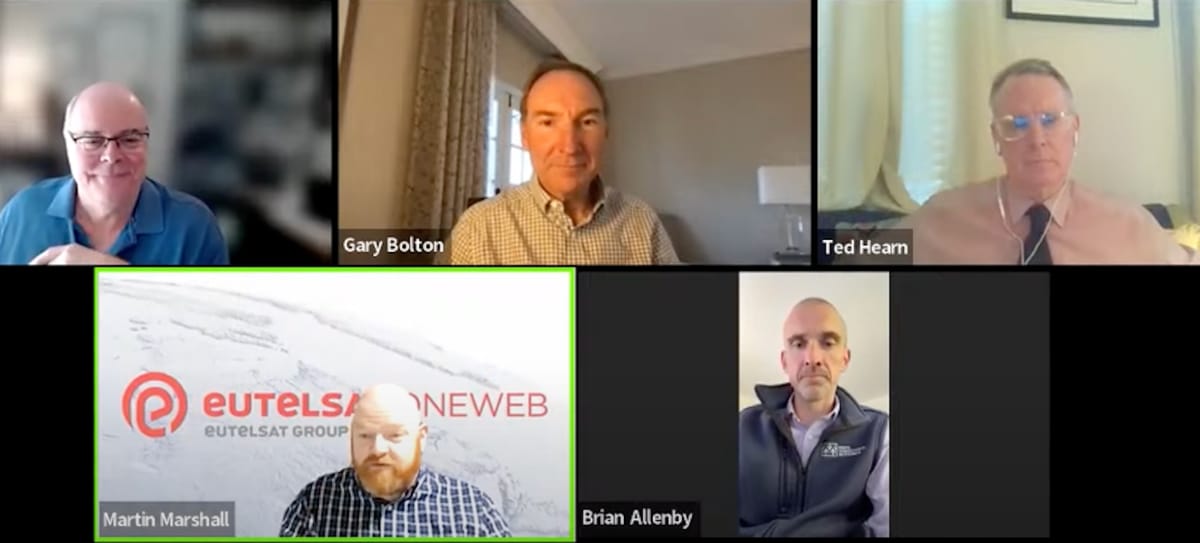
WASHINGTON, Oct. 25, 2024 - Maine's recent initiative to provide free Starlink satellite terminals to approximately 9,000 unserved households has ignited a debate over the role of satellite technology in closing the rural digital divide, even as the state maintains these locations will remain eligible for fiber deployment under the federal Broadband Equity, Access and Deployment program.
During a Broadband Breakfast Live Online event on Wednesday, Brian Allenby, senior director of program operations at Maine Connectivity Authority, emphasized that the state’s "Working Internet ASAP" program aims to provide immediate connectivity while waiting for permanent solutions.
"These 9,000 are a subset of our BEAD locations. We are not taking them off the BEAD map," Allenby said. "We would love to get fiber to as many of those locations as we can, understanding even if they were to receive a fiber award through BEAD, it's going to be a couple years."
 Broadband BreakfastGary Bolton
Broadband BreakfastGary Bolton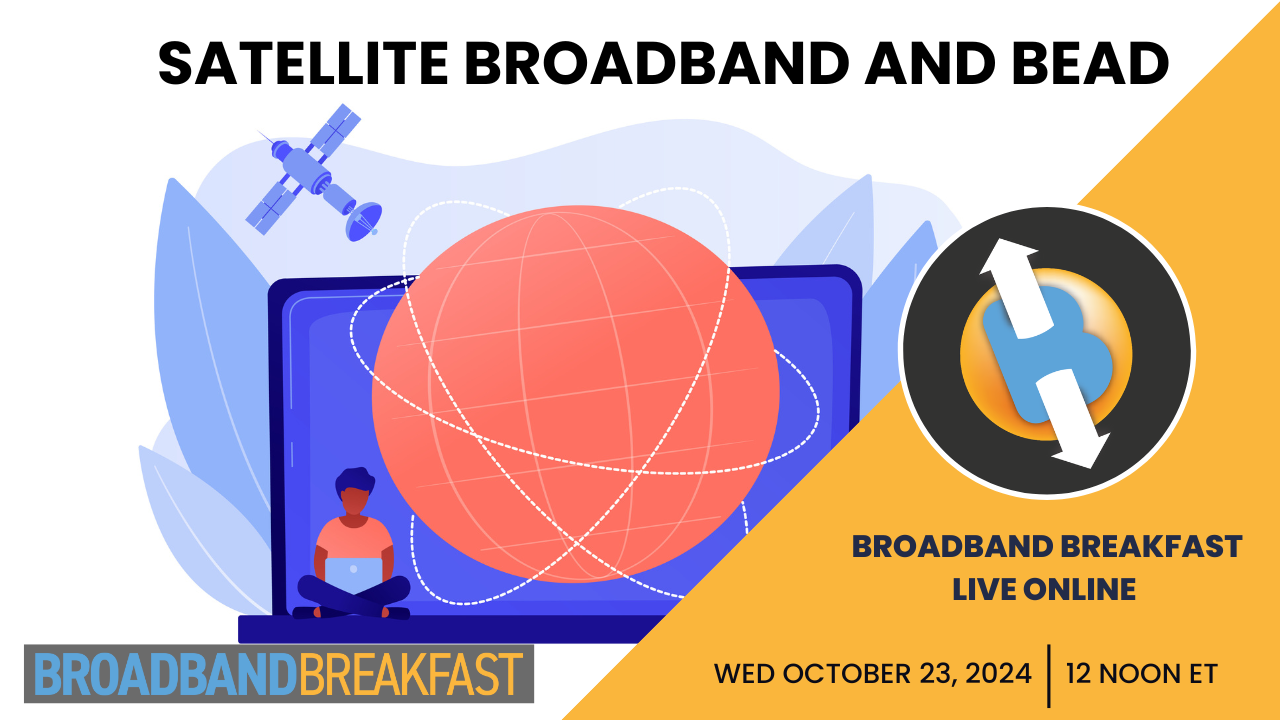
The initiative has raised concerns about affordability, as residents would still need to pay Starlink's $120 monthly service fee even with free equipment.
Gary Bolton, president and CEO of the Fiber Broadband Association, warned against relying on satellite technology, which he termed "unreliable.”
"Each one of these locations is a family. It's people's lives, and we do not want those taken off the map," Bolton said. "We need to be able to get reliable broadband service to every one of these communities."
He contended that fiber remains the most reliable and future-proof technology, meeting both current and projected demands.
“Fiber delivers on long-lasting performance, reliability, resiliency, and sustainability,” Bolton emphasized. “We cannot allow the alternative solutions to compromise the priority of fiber deployment.”
However, Martin Marshall, senior sales engineer at Eutelsat OneWeb, argued that satellite technology plays a crucial role in providing redundancy, particularly in challenging geographic areas like Alaska, where fiber connections can be vulnerable to extended outages.
"We've had just in the last 18 months three massive fiber cuts that have impacted extremely large portions of the state," Marshall said. Without backup satellite connectivity, an entire island community would have been completely cut off from communications, he added.
David Zumwalt, president and CEO of WISPA, advocated for a technology-neutral approach, suggesting that the BEAD program's goals could be achieved faster by embracing multiple solutions.
"If we're going to try to use the available funds to provide fiber at every location, we're going to be at least 10 years out and a lot more expensive than we're looking at today," Zumwalt said.
He pointed out that WISPA's members, including small rural providers, already use multiple technologies – including fiber – to serve communities. "If the priority is for us to serve the unserved, then let's go serve the unserved,” said Zumwalt.
In August, the National Telecommunications and Information Administration, which oversees the BEAD program, released draft guidelines on how states might use program funds to support alternative technologies. The proposal has drawn a mix of support and apprehension, while the final guidance remains under review.

October 23, 2024 - Satellite Broadband and BEAD
In 2022, the Broadband Equity, Access, and Deployment program largely excluded satellite broadband from its Notice of Funding Opportunity, due to reliability concerns over the technology's nascent state. But recent guidance from the National Telecommunications and Information Administration has cracked the door open, allowing alternative technologies like satellite broadband to compete for BEAD funding in high-cost areas - provided they can meet the program’s performance standards. How will fiber and wireless projects be impacted? How will the BEAD program be affected?
Panelists
- Gary Bolton, President & CEO, Fiber Broadband Association
- David Zumwalt, President & CEO, WISPA - Broadband Without Boundaries
- Brian Allenby, Senior Director of Program Operations, Maine Connectivity Authority
- Martin Marshall, Senior Sales Engineer, Eutelsat OneWeb
- Ted Hearn (moderator), Managing Editor, Broadband Breakfast


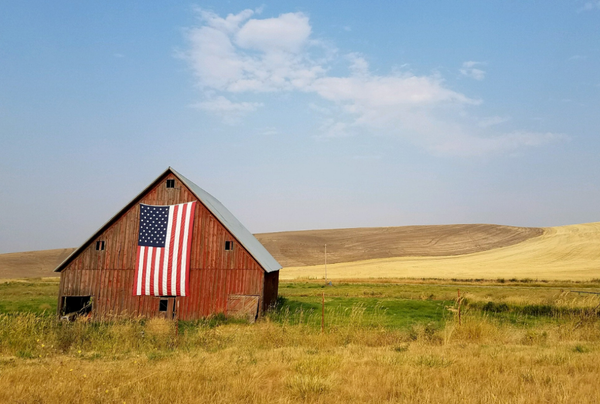
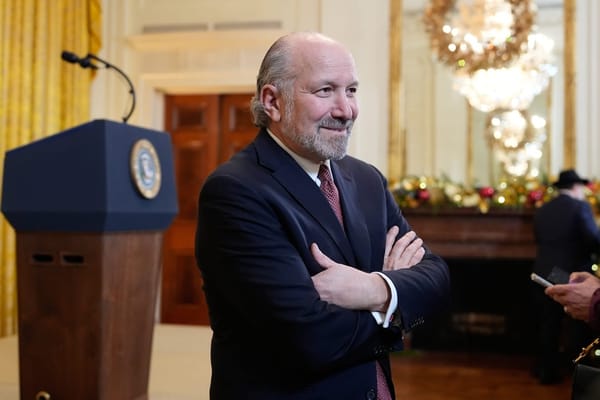
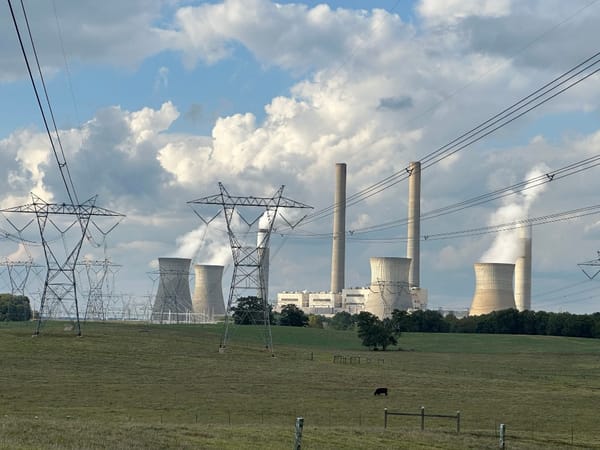
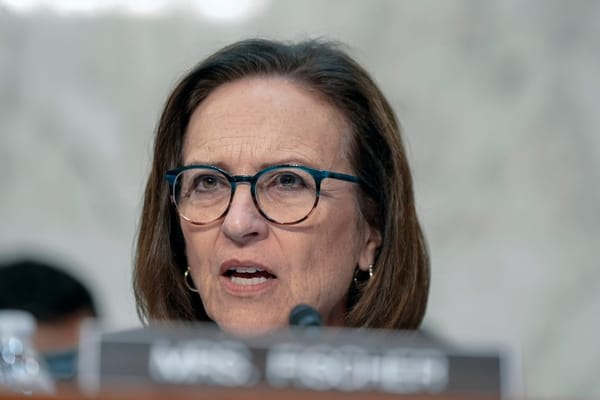
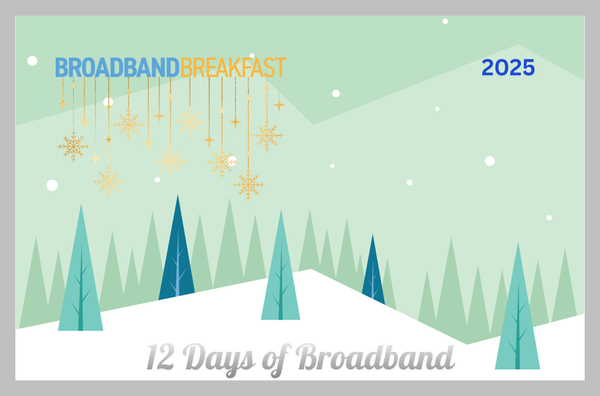
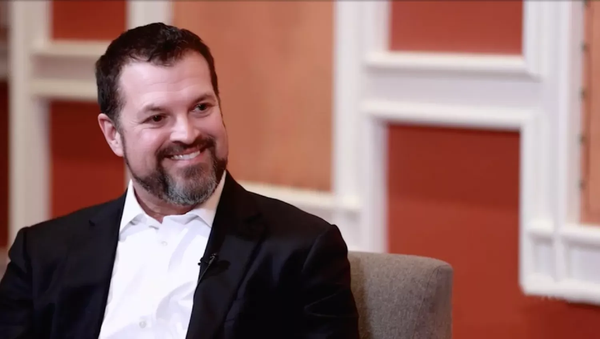
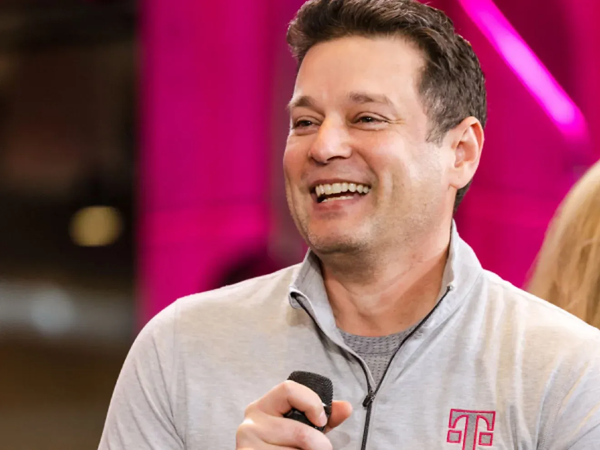
Member discussion